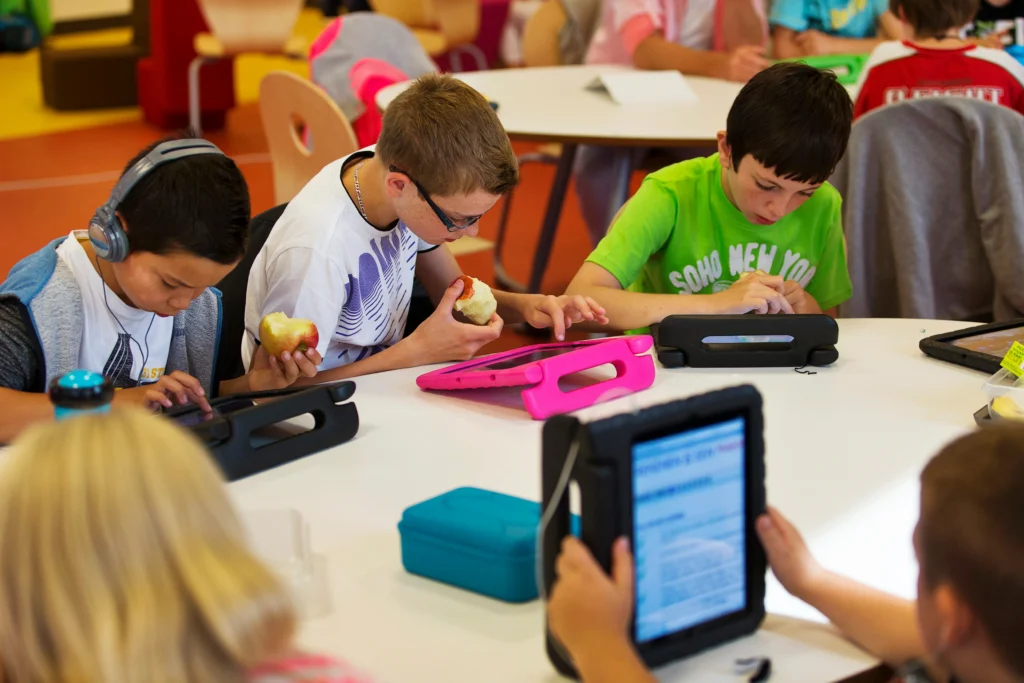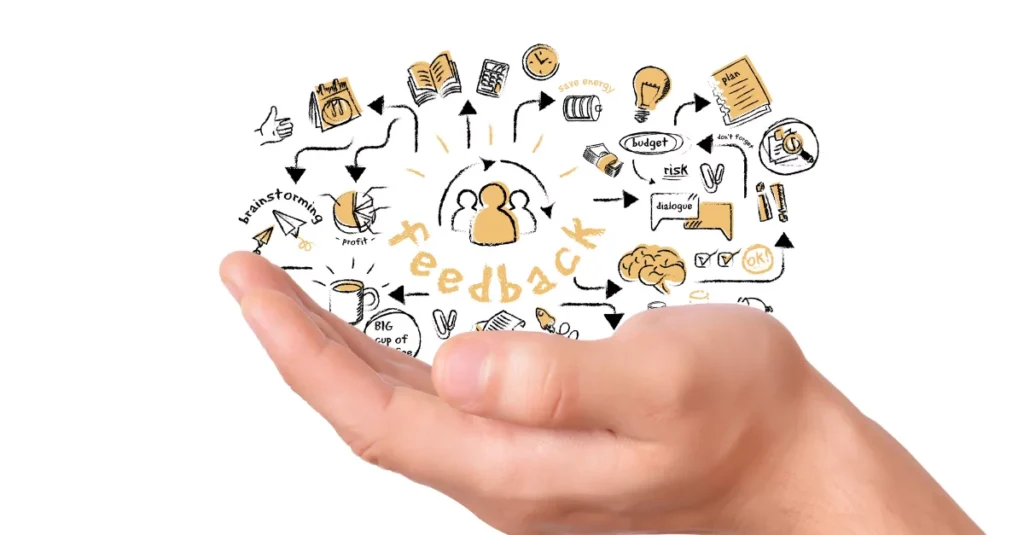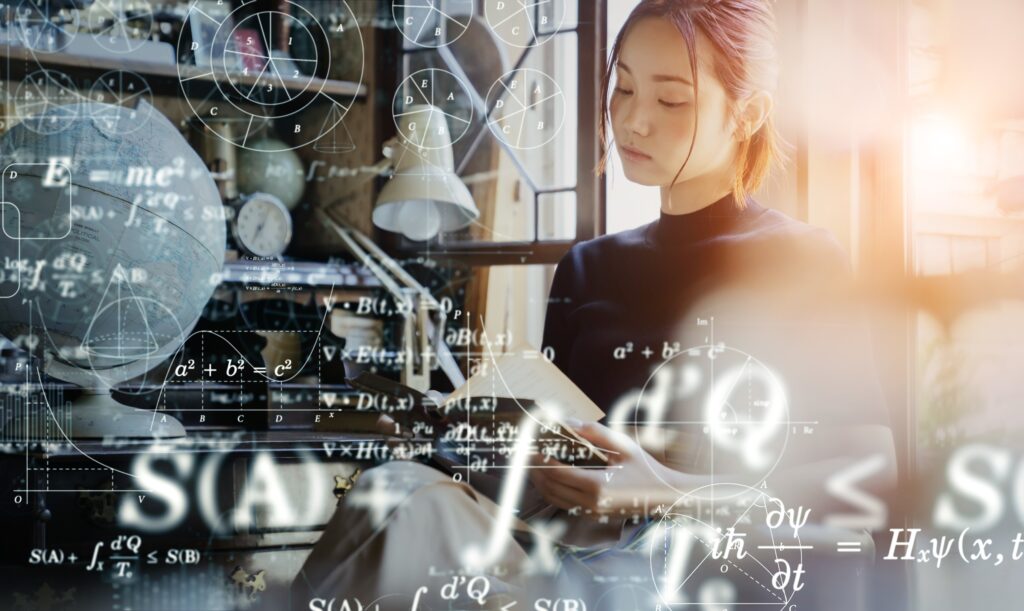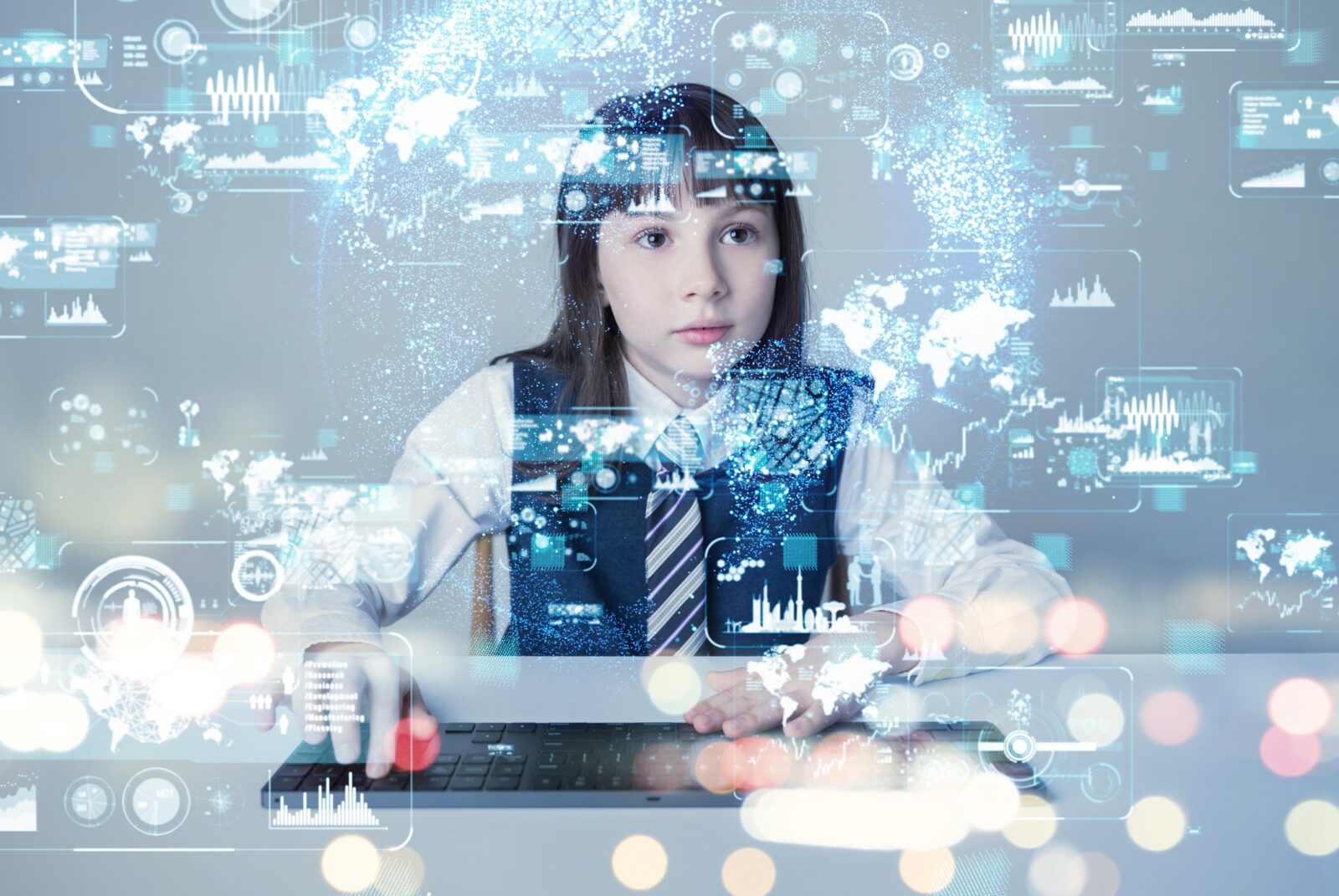Technology in the classroom has always been a driving force for improvement. From the simplest innovations, like calculators or blackboards, to the most cutting-edge, like gamified learning, technology has always been changing the way we study. Modern students have more agency than ever before because of developments over many years. They are able to maintain great academic performance with the aid of available technologies and online tutors. They can also do their study with the help of online resources. There are countless additional ways in which technology enhances the educational experience for pupils. But why should educators care?
Even with all the new tools available, good teachers are still essential. Fortunately, they can also make use of modern innovations to enhance their work. Artificial intelligence (AI) is one of the hottest new technologies.
What Is AI?
AI refers to the ability of computers and other devices to mimic human intelligence. Information processing that mimics human abilities of perception, synthesis, analysis, and inference by machines.
It’s not like this idea just sprang up out of nowhere. In 1951, at Oxford University, the first functional computer programme was created. The technology is still in its infancy, but it has come a long way. Artificial intelligence is rapidly evolving. And when they do, individuals discover ever-expanding uses for AI across industries.
4 Ways AI Is Empowering Teachers
Following around sixty years of research, development, and refinement, artificial intelligence is now widely used in educational settings. And the use of it is expanding in more and more contexts.
Delivering Personalized Support for Educators
Unfortunately, most teachers do not receive timely and sufficient feedback that would enable them to adapt to changing conditions and advance in their careers. This is the first place where AI can make a difference.
Experts claim that the personalised guidance and feedback made possible by this technology would help educators worldwide become better at what they do. Some applications for this aim are listed below.
The education of future teachers.Language models powered by AI can mimic the natural flow of discourse between educators and their pupils. This means that new professionals can get better, more practical training with the help of these instruments.
Instantaneous responses.Large amounts of data can be gathered in real time and analysed using artificial intelligence. This means that teachers can get immediate responses and recommendations.
Reactions after the fact.After the fact, this technology can evaluate what went on in the classroom. As a result, it has the potential to shed light on the state of education and offer solutions for how it might be enhanced.
Continual progress.Last but not least, AI can speed up the process by which educators are informed of the most recent developments in their profession. A culture of constant learning is fostered in this way.
Overall, such individualised assistance is what’s missing from the tutoring community at the moment. It gives them the tools to improve the quality and impact of their work.

Collecting Insights and Adjusting Lessons to Students’ Needs
Personalized learning is vital to every student’s success in education. Thanks to the use of AI technology, it is now possible to collect a plethora of data in real time, analyze it, and create valuable insights. Tools powered by AI can provide teachers with insights into a student’s overall performance, knowledge gaps, emotional state, engagement level and other metrics. This deep understanding of each student’s academic trajectory can serve as a roadmap to refine lesson plans to cater to each student’s needs. The use of AI in education can therefore lead to a more tailored and personalized learning experience for all students, increasing their chances of academic success.
Saving Time and Streamlining Daily Operations
With the rise of modern technology, it’s no secret that robots are increasingly being used to perform various daily tasks. For tutors, in particular, these machines can be incredibly beneficial in saving time and helping streamline daily operations. With the ability to engage in natural conversations with students, AI can provide learners with much-needed support and feedback around the clock, allowing teachers to focus on other important tasks. Additionally, this technology can assist with lesson planning and the creation of educational materials, as well as grading, all of which addresses time-consuming tasks that can hinder the efficiency of educators. Lastly, with the ability to collect and analyze student data, teachers have a helpful tool at their disposal that can eliminate tedious administrative duties, freeing up valuable time that can be better spent in other areas.
Enabling Learning With No Fear and Judgement
The quality of education has long been hindered by students’ reluctance to seek assistance or raise what they perceive to be “stupid” queries. Students lose interest and participation when they worry their questions will be ridiculed. Because they don’t bother to ask questions, they end up misunderstood. And to keep their scores up, they have little choice but to use college essay writing services for assistance. But imagine if they could project more assurance. They would be able to ask questions or make requests without worry. And this would make it a lot easier for them to learn. That’s why building pupils’ self-assurance has been a staple of the tutoring profession for so long.
They frequently fail, unfortunately. Many educators stress the importance of asking any and all questions. They also stress the value of reaching out for assistance when needed. However, many students continue to worry about being ridiculed by their classmates. Because of this, they are unable to participate actively in class. However, this issue can be resolved with the help of AI. Experts agree that talking to a machine makes you feel more at ease. As a result, it has the potential to boost students’ self-esteem and, subsequently, their academic performance.

Final Words
The use of artificial intelligence in education has become increasingly prevalent in recent years. From personalized learning to automated grading, it’s clear that AI holds a lot of potential for the education sector. With its ability to provide support and tools for teachers, the possibilities for how it can transform the way we teach and learn are endless. We are already seeing many schools adopt this technology, and it’s only a matter of time before it becomes the norm. The future of education is undoubtedly tied to the advancements of AI, and we are excited to see what it holds for the next generation of students.













Leave a Reply